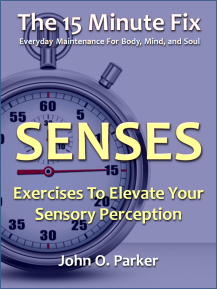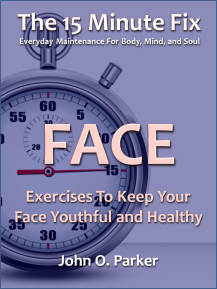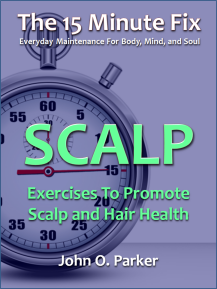
A new study has found that an impaired sense of smell may be a sign of serious health problems and an increased likelihood of dying within five years. University of Chicago scientists found that among adults aged 57-85, those with a poor sense of smell were four times likelier to die within five years than those with full olfactory function (i.e. those whose sense of smell works well). Even after taking age, nutrition, smoking habits, poverty and overall health into consideration, a poor sense of smell was the most accurate indicator of impending death.
The study found no evidence that impaired olfactory function was the reason for the increased likelihood of dying within five years. Rather, they believe that an impaired sense of smell may be an indicator of more serious problems. According to the study’s lead scientist, Prof Jayant Pinto, “The sense of smell is like the canary in the coal mine. It doesn't directly cause death, but it is a harbinger, an early warning system that shows damage may have been done. Our findings could provide a useful clinical test, a quick inexpensive way to identify patients most at risk."
It would be a stretch to say that by improving your sense of smell through sensory exercises you will keep the grim reaper at bay. However, by practicing and tracking sense of smell exercises and regularly testing your ability to pick up and discern different odors, you may be able to identify a serious health problem earlier than you otherwise would have. If you do become aware of any loss in olfactory function, talk to your doctor about getting a more thorough examination.
Hopefully, you will never have to use this tool, but you never know, so it’s a good one to keep in your belt. You'll find sense of smell exercises, tracking tools, and tests in The 15 Minute Fix: SENSES.
Age well my friends...
The study found no evidence that impaired olfactory function was the reason for the increased likelihood of dying within five years. Rather, they believe that an impaired sense of smell may be an indicator of more serious problems. According to the study’s lead scientist, Prof Jayant Pinto, “The sense of smell is like the canary in the coal mine. It doesn't directly cause death, but it is a harbinger, an early warning system that shows damage may have been done. Our findings could provide a useful clinical test, a quick inexpensive way to identify patients most at risk."
It would be a stretch to say that by improving your sense of smell through sensory exercises you will keep the grim reaper at bay. However, by practicing and tracking sense of smell exercises and regularly testing your ability to pick up and discern different odors, you may be able to identify a serious health problem earlier than you otherwise would have. If you do become aware of any loss in olfactory function, talk to your doctor about getting a more thorough examination.
Hopefully, you will never have to use this tool, but you never know, so it’s a good one to keep in your belt. You'll find sense of smell exercises, tracking tools, and tests in The 15 Minute Fix: SENSES.
Age well my friends...




